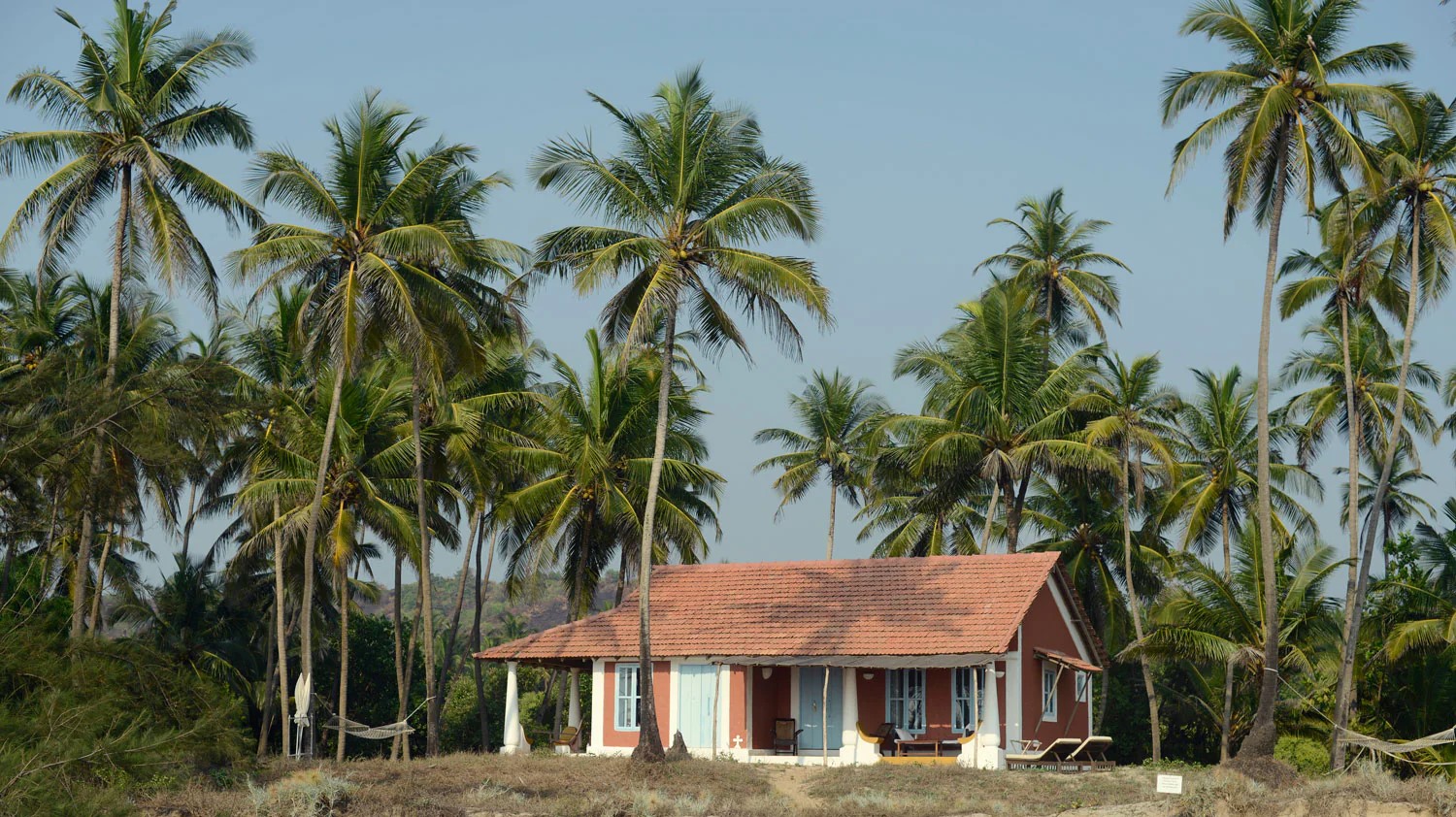Surely, we can think and envisage a better Goa. One which gives us the best of the past and the most-optimistic vision of the future

Don't expect any government in power to take note of this; but nonetheless, here's a wish list for ten things that could really make Goa a better place in 2025. The New Year being just round the corner, this is as good as any a time to dream and hope for improvements.
Let us think of some things that could retain some of the charm that this small place has had over the centuries. Do we really need to thoughtlessly reduce it to just another concrete jungle, indistinguishable from the rest? If we do so, we will surely live to regret it, and future generations might wonder how we could all be so thoughtless.
* Sustainable tourism: This is a huge challenge, obviously. We don't get the tourists we need, we get the tourists we don't need. Every second person visiting Goa wants a second-home here, and this is clearly unsustainable.
Goa draws huge crowds for one week of the year, and then the overbuilt tourism, cars-for-hire, private taxis sectors remain unemployed, or underemployed, for much of the year.
We're consuming resources as if there's no tomorrow -- scarce land being at the top of the list. We've pushed tourism so much that even social media has started bad-mouthing Goa, and we're wondering why. Finally, it's left to lobby groups and vested interests to define what Goan tourism should be, while everyone else has seemingly no say in the matter.
* Improved waste management: There's a crisis here too, even if we would like to pretend this doesn't exist. Ask the villagers of Saligão. They could tell you what happens with the vision-less siting of a mountain of garbage on the hillocks and water-recharge areas. Politician after politician has been responsible for this. Waste segregation, recycling, ensuring cleaner beaches, villages and towns have been long talked about, but we are nowhere closer to the goal.
* Revival of Goan agriculture: We've long heard lofty promises about how tenancy laws, mega-dams, bureaucracy-pushed solutions would change Goan agriculture. Yet, these have come to nought. Things are moving in reverse-gear here. Food security of Goa is critical, but hardly debated. Support for local farmers to promote organic farming has hardly borne results. Revival of traditional crops, and creating markets for Goan products, is on the unfinished agenda as well.
* Better infrastructure: 'Development' doesn't mean industrial estates which don't employ the local people, six-lane highways that barely serve local needs, and industries that cater mainly to dubious outside interests. Better infrastructure should translate to public transportation, drainage systems in heavy-rainfall Goa, promoting Goa's green cover, open spaces, natural water-flows and ground-recharge systems, and well-planned roads where the citizen needs them.
* Heritage preservation: Goa is still in a state of 'civil war' over how it defines its heritage. What is a matter of pride for some is seen as shame for others. Narrow definitions based on ultra-nationalistic thinking needs to be abandoned; it's high time.
* Clean energy: We need more initiatives on this front. But with some caution. Simply pushing electric vehicles, even where inappropriate, might not be the best solution. EVs produce zero tailpipe emissions, but the electricity used to charge the same can, and does, create carbon pollution. Producing electric car or bus batteries can cause significant carbon dioxide. Charging stations also contribute to carbon emissions. In addition, the scam over badly-created electric two-wheelers is there for all to see.
* Affordable healthcare:This is a crying need for Goa even today. Just investing big-time in government hospitals doesn't necessarily translate into results and efficiency. Likewise, the impressive private hospitals aren't within the reach of many. Some have turned controversial too, or being seeing as too money-oriented.
* Empowering local communities: This is a task that society as a whole needs to take in hand. We fail to understand the importance of such institutions. Can we think of a Goa which once again had its traditional farming communities working, folk and cultural performance groups active, and village gaunkari (comunidade) systems functioning to the efficiency of the 1960s? Why not revive our artisanal and pottery communities, conservation societies, culinary groups, tribal communities too and zatra and festival celebration communities?
* Youth development programmes: These are the need of the hour. This can open possibilities in education, entrepreneurship and skill development. Such an approach is specially essential in a post-pandemic, post-demonetisation Goa where youth are struggling to find jobs, and seeing their confidence decline by the day.
* Marine and wildlife conservation: Marine life, mangroves and forests need protection. But are our politicians and lobbyists in a mood to consider the same?
This might seem like a tall order. But every journey starts with a single step.
Seeking solutions might seem like hard work; but the first move here is to begin dreaming. Surely, we can think and envisage a better Goa. One which gives us the best of the past and the most-optimistic vision of the future. May 2025 be productive for all.